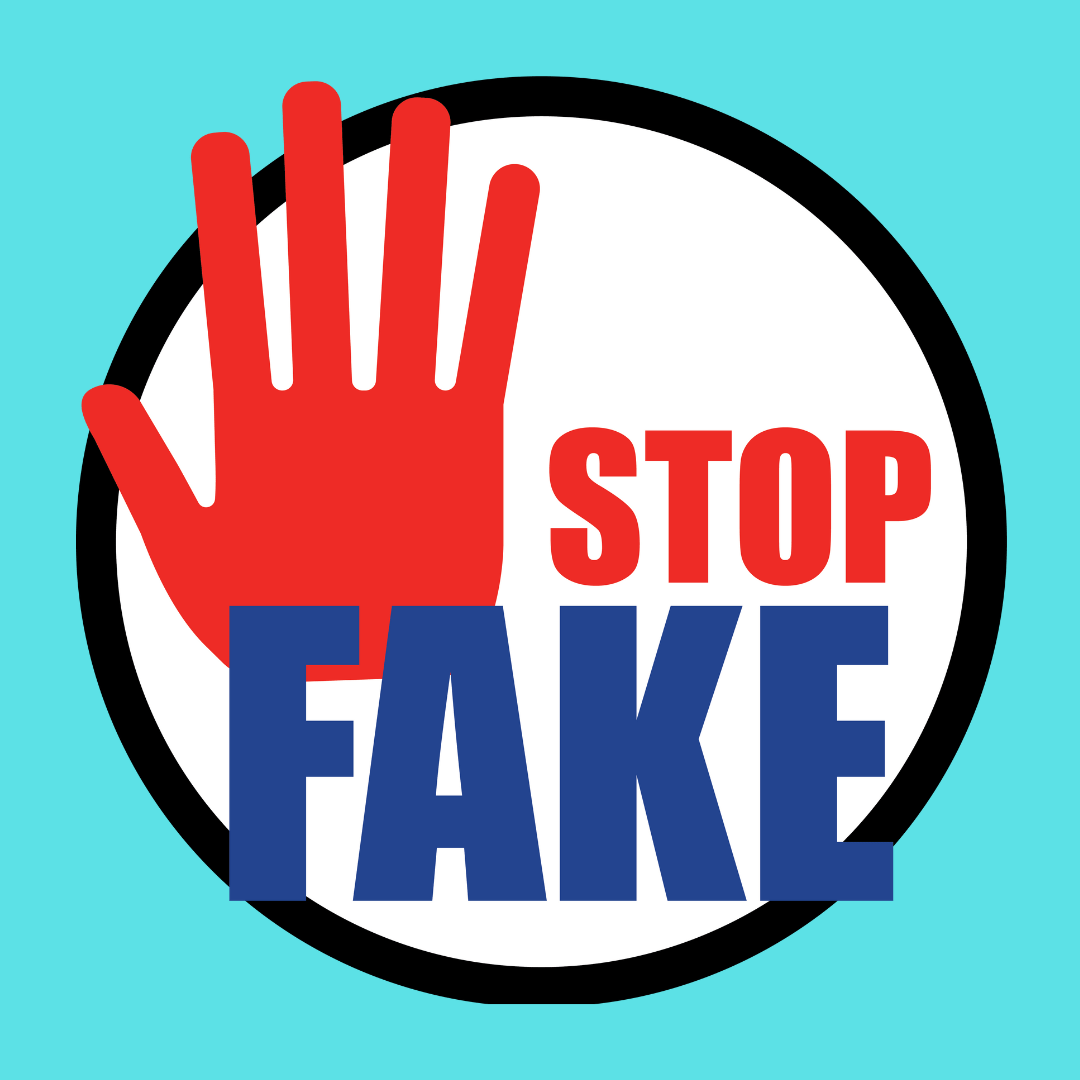Fact checking faces mounting challenges but is even more relevant and needed as technology-enabled disinformation soars
As we mark International Fact-Checking Day 2023 on 2 April, it is important to reflect on what is busy unfolding in the intersecting worlds of media and technology.
Over the last 12 months Namibia Fact Check has witnessed a number of trends or phenomena play out on the local media and information landscape.
These trends or phenomena are:
- A rising tide of online and social media scams trying to trick people into becoming victims of identity and data theft;
- WhatsApp continues to be the primary channel for spreading all manner of mis- and disinformation in Namibia;
- Continuing circulation of some Covid-19 related disinformation and conspiracy theories, particularly around the Covid-19 vaccines;
- Russia’s invasion of the Ukraine has fuelled a flooding of Namibian social media spaces with Russian disinformation since February 2022;
- Namibian news media continues to be self-harmed by poor reporting practices and standards, which is contributing to the decline in trust in traditional news media and journalists;
- The Namibian government and Namibian political actors engage in and disseminate misleading narratives to manipulate public perceptions around a host of sensitive Namibian socio-economic and political issues;
- This is why Afrobarometer Round 9, released in September 2022, once again re-affirmed the decline in trust in institutions across the board, from state to non-state and the media;
- Namibian online spaces continue to be polluted by the spread of disinformation of a foreign origin;
- Despite high exposure to and the apparent proliferation of mis- and disinformation both online and off-line, in new and old media, media and information literacy still appears rather low in Namibia;
- The use of AI tools and technologies in the production of disinformation specifically focused on Namibia is set to take off over the next 12 months, with elections looming in late 2024.
It is against this backdrop that fact-checking and social media verification remain vital interventions in the global effort to push back against the forces of fake.

